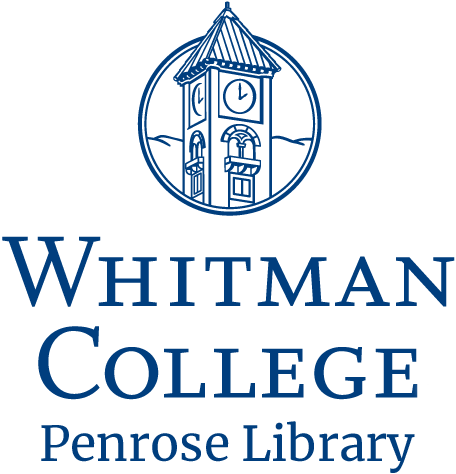Learning and Fun with Puzzles
[caption id=“attachment_899” align=“alignright” width=“258”] “The Six Best Sellers,” Ruth Eastman, Front page for Judge, vol. 88, no. 2254. From the New York Public Library Digital Collections: http://digitalcollections.nypl.org/items/1aaa2fd0-1f90-0134-9154-00505686a51c We believe this image has no known copyright restrictions.[/caption]
“The Six Best Sellers,” Ruth Eastman, Front page for Judge, vol. 88, no. 2254. From the New York Public Library Digital Collections: http://digitalcollections.nypl.org/items/1aaa2fd0-1f90-0134-9154-00505686a51c We believe this image has no known copyright restrictions.[/caption]
“Ever since the days of the Egyptian Sphynx, Puzzles, Paradoxes, Riddles, and other mystifications have been popular sources of amusement. From the simplest Riddle to the most abstruse Paradox, they are all productive of a peculiar and lively pleasure. The youthful mind is by nature analytical and inquiring, and takes delight in searching to the bottom of anything that appears difficult to understand. Puzzles, therefore, are excellent means for the development of these natural tendencies, combining, as they do, the elements of work and play. They strengthen the memory by exercising it, teach us application and perseverance, enable us to improve the facility of holding several ideas in the mind at once, and, in short, are highly beneficial to all the more intellectual qualities.”
This paen to puzzles, which opened a mid-19th century puzzle collection, presents puzzles as important elements of education. While it emphasizes the mental development of young people, solving puzzles is an aspect of lifelong learning valuable at all ages, as modern-day articles on the importance of puzzles for maintaining mental acuity into old age point out. And, puzzles are fun for all! National Puzzle Day (January 29) was established in 2002. It doesn’t seem to have an official status, but we might all welcome an excuse to exercise our brains with riddles, word games, number puzzles, picture puzzles, and logic puzzles, not to mention jigsaw puzzles.
In the exhibition space at the front of Penrose Library, find books about puzzles from our collection, and a few puzzles we have on hand to try out. If you’re interested in historical puzzles, in Eighteenth Century Collections Online, an answer book reveals some surprisingly racy solutions to a book of riddles published in London in 1745. (Sign in with your Whitman ID.) The Internet Archive hosts more riddles – with answers! – from years past, as well as up-to-the-minute puzzles. For constructive puzzling, check out the National Puzzlers’ League homepage, which gives instructions on making crossword puzzles, as well as links to many puzzle resources.
Happy puzzling!
